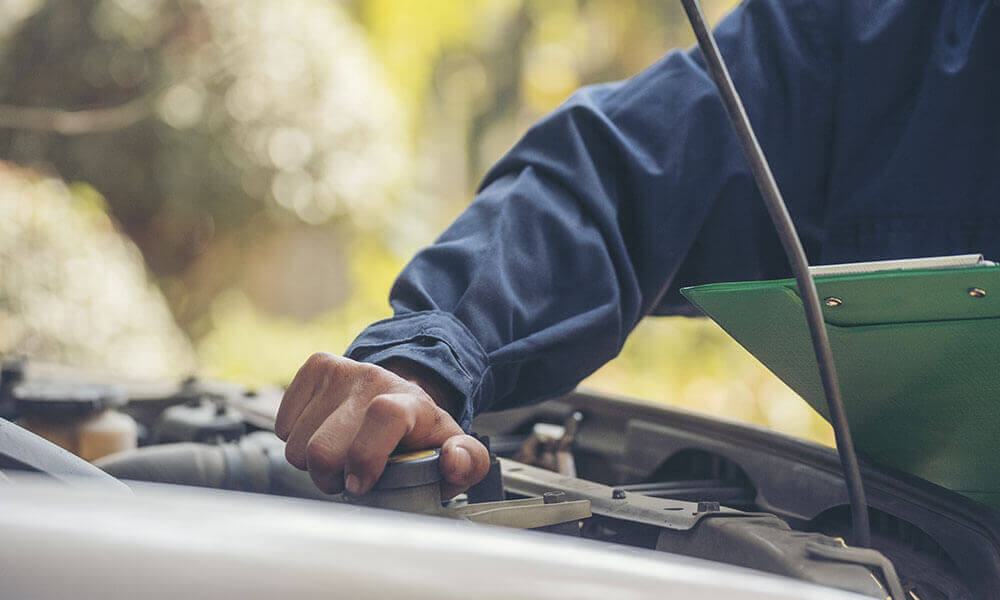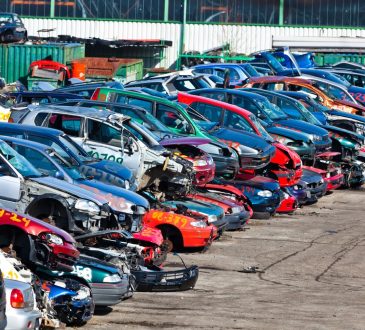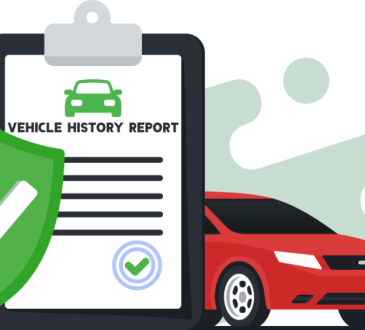
The hydraulic brake calliper system is essential to the braking capabilities of contemporary automobiles. Callipers aid in slowing down or stopping the car by applying pressure to the brake pads using hydraulic force. Maintaining ideal braking performance and avoiding future costly repairs can be achieved by being aware of how this system operates and identifying typical problems that need to be fixed.
How Hydraulic Brake Callipers Work
Hydraulic brake callipers employ brake fluid to convey master cylinder force to brake pads. The brake pedal generates hydraulic pressure that powers the callipers via the brake lines. Friction from the brake pads pressing on the rotors and the pressure moving the pistons inside the callipers slows the car. The hydraulic system evenly distributes brake pressure for smooth, reliable braking.
Key Components of the Hydraulic System

The master cylinder, brake fluid, brake lines, brake callipers, and pistons are the main parts of the hydraulic brake system. When the brake pedal is depressed, the hydraulic pressure is produced by the master cylinder. The material that transports this pressure throughout the system is brake fluid, usually mineral oil or DOT fluid. The pistons that apply force to the brake pads are housed in the callipers, which guarantee even and controlled braking. For top-quality Auto Repair in Folsom, CA, professional technicians can ensure your hydraulic brake system operates smoothly and efficiently.
Common Issues with Hydraulic Brake Callipers
Leaking brake fluid is one of the most frequent problems with hydraulic brake callipers. Fluid leakage may result from the callipers’ internal seals deteriorating over time. As a result, the system’s hydraulic pressure drops, which impairs braking effectiveness. Seized calliper pistons, which can be caused by corrosion or a lack of lubrication, are another problem. One side of the car may brake more forcefully than the other due to a seized piston, which can result in instability.
Brake Fluid Contamination
In hydraulic systems, contaminated brake fluid is another frequent issue. Air, moisture, and debris can get into the brake lines and reduce the hydraulic force’s efficacy. Additionally, moisture can lead to corrosion and rust, harming the brake callipers’ internal parts. To keep the system functioning properly and prevent problems like spongy brake pedals or delayed braking response, it’s critical to change the brake fluid on a regular basis.
Preventive Maintenance and Repair
To keep your hydraulic brake system running smoothly, check for leaks, check braking fluid levels, and lubricate moving parts. If you hear strange noises, brake fluid leaks, or impaired braking performance, fix it immediately. A competent mechanic can diagnose and repair brake callipers to maintain your braking system safe and efficient.
Conclusion
The hydraulic system that powers your brake callipers is essential to the effectiveness of your car’s braking. To guarantee dependable brake performance, you can maintain the system and take quick care of any faults by being aware of how it operates and the typical problems.



